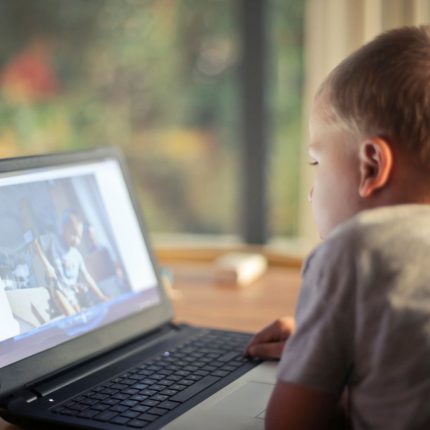
Goal Setting For Homeschooling And Life Success
August 18, 2020Why Are Goals Important?
A while back, I did an interview with Wally “Famous Amos”. He not only makes great cookies, he is a world-renowned author, winner of several awards for promoting literacy and education, and a highly inspirational speaker. I asked him why goals are important and here is what he said:
“Motivation can come in many forms – you can coerce, you can force, you can bribe. But we really want to do it ‘inspire’ our kids. And there’s only one way to do this and that’s by getting inside our kids and lighting a fire.”
Goals come from within and provide the passion to learn. As your homeschooling becomes more fun, you’ll find your kids able to create their own goals and achieving them. It’s an exciting adventure you can explore together.
When my son was about 10, I asked him what he wanted to learn about this semester? He said I want to learn how to drive every kind of boat. Gosh, I had no idea he was interested in boats and even less of an idea of how to help him accomplish his goal. So I said, “I don’t know how we’re going to do this, but we’ll figure out how.
I kept asking everyone (there was no internet in those days), and finally discovered a five-day boating camp put on by our local university. The kids learned how to operate every kind of boat. I learned a very valuable lesson that day.
Goals give your child a sense of direction and purpose behind their studies. Goals motivate your child.
Goals Can Start Very Young
I have a friend whose daughter’s single goal was to become a pediatrician. She announced her goal at five years old, and with her family’s love and support, today is living her dream as a pediatrician in a children’s hospital. She lived her whole life interested in science, medicine, and learning how to truly care for others, and help them heal. Her goal was completely relevant to her future.
Your child’s goals can be short or long term – the point of goal setting is to set them and help your child understand how to gather the resources to achieve them. Remember, it’s not the destination – it’s the process that is most rewarding.
Goals give kids a very strong “why” to do something. Don’t be concerned if your child worries s/he may not achieve their goals; studies from Harvard University reveal that simply writing them down increases their chance of achieving them.
You can help your child set goals by exposing them to everything possible. Marilyn Mosley, the founder of Laurel Springs, believes that one of the best ways you can help your children visualize their path in life is by seeing more of life itself. She believes that we are limited by what we can and can’t imagine, so expanding their vantage point, expands their possibilities.
Start with the big picture goals with your child, and work your way down to your child’s yearly, semester and daily goals. Kids don’t always need to know what they will do for the rest of their lives; setting goals is a way to customize your child’s education and take them in the direction they want to go in life.
If your child is uncertain about setting goals, be sure to let him or her know that there is no such thing as failure – there is simply a result. If your child doesn’t get the result they way, be flexible and say it’s O.K. to try plan B. You never know – sometimes plan B turns out better than plan A!
In one interview I did with Bobbi DePorter, founder of Super Camp, she said that “failures lead to success.”
We’ve learned that many times from history – remember the ‘post-it note’, or the light bulb? Both inventors simply found hundreds of ways that let them know they were on their path to discovery. They believed their “mistakes” were just another clue to achieving their goal.
Work Backward to Help Them Achieve
So, let your child set some of their own personal goals and a timeline to achieve them. Sometimes, it helps to work backward. Ask your child what s/he needs to do each day to achieve that goal by the deadline they set. This is a very powerful way of keeping on track and learning.
In my book, Homeschooling and Loving It!, one homeschooler said this about goal setting: “Our primary goal is to serve. So we approach each subject from the mindset of, “How does learning to play the piano enable me to serve better? How does learning my time’s tables enable me to serve better? How does learning to read and finding the main idea enables me to serve better?”
This type of goal setting comes from the heart and is very motivating.
So, as you’re preparing and teaching your child, goal setting will build their confidence, raise their self-esteem and prepare your child for a successful and rewarding life.
“Goal For It!”
Latest Posts

Guest Post by Gabriel Morse For several years, I sat for long hours every day behind one of those battleship gray desks in a windowless, dull, gray office. The pay was enough to take care…
Read more >
This post is sponsored by Little Monsters Universe. I'm Tina Salmanowitz, an advocate for homeschooling and science education. With over a decade of experience as a science educator (in class…
Read more >
This post is sponsored by Time4Learning. Before the pandemic, it was business as usual for Boca Raton resident Nikki Warris. Her two daughters, 5-year-old Natalie and 8-year-old Lexi were…
Read more >

